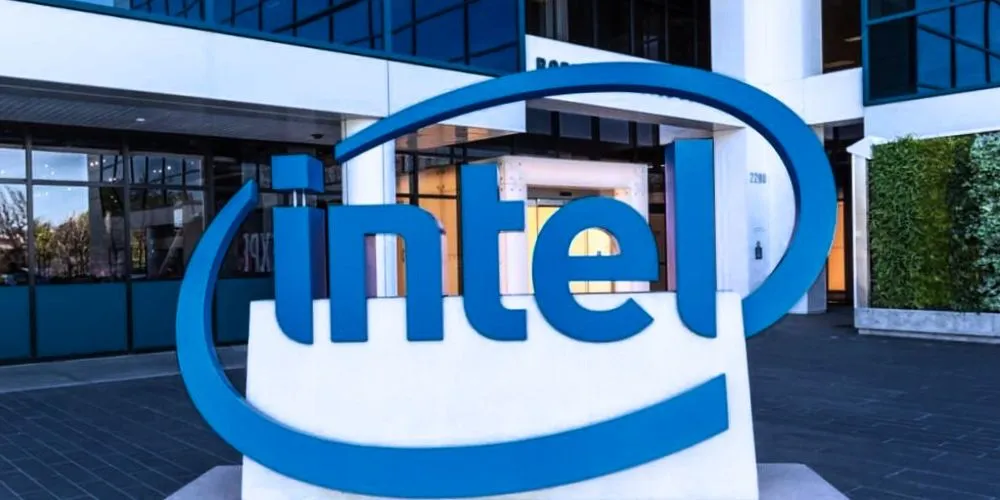Key Points
- Intel secures AWS as a customer for custom AI chip production using its advanced 18A process.
- Intel is selling a stake in Altera and pausing factory projects in Germany and Poland.
- Intel’s foundry business will become an independent subsidiary, opening it to external capital.
- Intel receives up to $3 billion in U.S. government funding for semiconductor development.
Intel’s foundry business has signed Amazon’s AWS cloud services division as a new customer to produce custom AI chips, marking a significant milestone for Intel. The deal, announced on Monday, will see Intel design and manufacture an artificial intelligence “fabric chip” using its most advanced 18A process, the latest technology available for external clients. Intel’s shares surged 8% in after-hours trading following the news.
The partnership represents a major win for Intel, as AWS is set to be a multibillion-dollar customer. AWS, which already designs chips for its data centers, will work with Intel to produce and package at least one version of its custom AI chip. Intel also revealed that it expects to handle additional designs for AWS using future manufacturing processes, such as its 18AP and 14A technologies.
In a memo to employees, Intel CEO Pat Gelsinger outlined the company’s broader cost-cutting and restructuring plans. After reporting weak earnings in the second quarter of 2023, Intel has focused on driving efficiency and improving profitability. This plan involves selling a stake in its programmable chip unit Altera and pausing its major factory projects in Germany and Poland for two years. Despite these international delays, Intel reaffirmed its commitment to expanding manufacturing operations in the U.S.
Intel also plans to establish its foundry business as a more independent unit. The foundry, crucial to Gelsinger’s 2021 turnaround strategy, will soon operate as a subsidiary with its operating board, enabling it to take external investments. Earlier this year, Intel began separating the financial performance of its foundry operations from its chip design business.
Additionally, Intel has secured up to $3 billion in funding through the U.S. CHIPS and Science Act to support its semiconductor development. The company also plans to lay off approximately 15,000 employees, with notices expected in mid-October.



